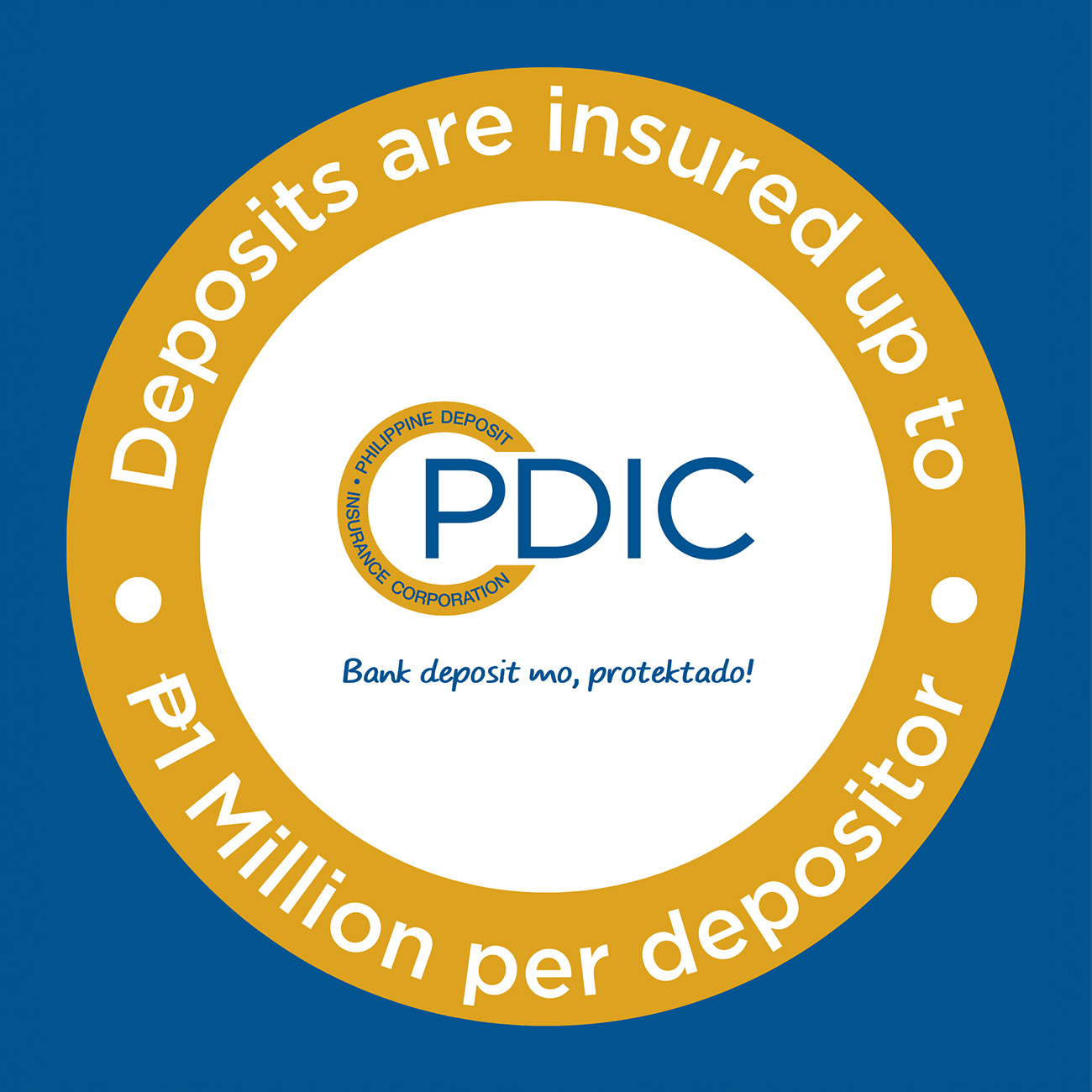Taking out a personal loan from the bank can provide access to opportunities, such as buying a home, starting a business, or covering urgent expenses. But it can also weigh down your finances when you’re not ready. However, it’s easy to determine whether you are an ideal candidate for a loan.
The best time to apply for a loan will depend on your goals, your stability, and how much risk you’re willing to take on.
The right loan at the right time can be a powerful financial tool. So, when is the best time to apply for a loan? Here are situations where borrowing can be beneficial:
When you’re buying your first home
Purchasing a house is one of life’s biggest milestones, but very few can afford to pay in full. A bank housing loan allows you to spread the cost over many years, making homeownership more accessible. If your income is stable and you have long-term plans to stay in the property, a housing loan is often the right choice.
When you need a car for work or family
Whether it’s for commuting, family needs, or running a small business, having a car can be a life-changer. An auto loan helps you finance this purchase without draining your savings. As long as you can comfortably manage the monthly repayments and associated expenses (like fuel and insurance), taking a loan for a car is practical.
When you’re investing in education
Education is an investment that pays dividends for years to come. Taking out a student loan or a personal loan for advanced studies or certifications can be worthwhile if it improves your career prospects and future earning power. Just make sure the repayment terms fit your post-study income expectations.
When consolidating high-interest debt
Asking yourself, “Should I get a personal loan?” might seem counterintuitive if you’re already juggling multiple debts with high interest. But applying for a loan to consolidate debt can make sense if the new loan offers a lower rate and a structured repayment plan.
A debt consolidating loan will help you pay less in interest over time and focus on one monthly payment. A loan in this situation can help simplify your finances and allow you to pay off your debts sooner.
When you’re starting or expanding a business
Entrepreneurs often need extra funding to launch or grow their businesses. Using loan products such as SME loans or business lines of credit can provide the capital you need for inventory, equipment, or expansion.
Borrowing is a strategic move if you have a solid plan for how the loan will generate enough income to cover repayments.
When you want to build or improve your credit history
Taking out a manageable loan and paying it back on time can strengthen your credit profile, and make future borrowing easier and more affordable. For example, responsibly managing a small personal loan or installment loan is often a good way to show lenders you’re a responsible borrower.
When you have a low debt-to-income ratio
The best time to apply for a loan is when you fully understand your debt-to-income ratio and are confident that you can afford the repayments. This means your monthly debts are relatively small compared to your income, indicating you have the capacity to take on new debt responsibly without straining your finances.
When you have a very good credit score
A good credit score reflects your creditworthiness based on your history of repaying debts. In the Philippines, a strong credit rating is generally 700 and above on a 300-850 scale. This signifies that you are a low-risk borrower, which typically results in access to lower interest rates and more favorable loan conditions.
When you have a steady annual income
A reliable and consistent income assures lenders that you can make regular loan payments. This reduces your risk of default and increases your chances of loan approval.
When rates and terms are favorable
People who wonder, “When is the best time to apply for a personal loan?” often base their decision on two key factors: the purpose of the loan and the interest rates offered by banks. Sometimes, banks offer competitive interest rates or flexible payment options that make borrowing more attractive.
Applying for a loan when rates are low means you’ll save money in the long run. Timing your loan with favorable market conditions can make a big difference.
Borrowing money also comes with risks. Here are situations when it’s often better to hold off on applying for a loan:
When your income is unstable
Having a steady cash flow makes it easier to stay on top of regular payments. A personal loan works best when you have enough financial flexibility to comfortably manage your existing obligations while taking on new ones.
When you already have too much debt
If you’re managing multiple loans, adding another might not be the best step right now. It’s important to avoid overwhelming your budget and instead explore options like restructuring or refinancing your existing debts.
When you’re borrowing for a nonessential expense
Loans make the most sense when used to meet essential needs and support long-term goals. When you take out a loan, it's best to use the funds for assets that create lasting value, such as a vehicle or a business, rather than for short-term luxuries like gadgets, vacations, or unnecessary upgrades.
If a brand new motorcycle is essential for you and your family and will significantly improve your quality of life, a motorcycle loan can be a smart and practical way to get it sooner.
When you qualify for alternative financing options
Sometimes borrowing from a bank isn’t your only option. You may have access to employee benefit programs, cooperatives, or government-backed financing at lower costs.
When you don’t understand the loan terms
Loans come with specific terms and conditions, including fees and repayment schedules, and types of interest. If you don’t fully understand how they work, it’s better to hold off until you’re clear. Signing without knowing the details can lead to unpleasant surprises later on.
When you feel like you have no choice
Desperation often leads to rushed decisions. If you’re in a financial bind, it may feel tempting to take the first loan you qualify for. But this is often when borrowers overlook high fees, unfavorable terms, or strict penalties. It’s better to pause, assess alternatives, and choose carefully rather than commit under pressure.
So, when does borrowing work in your favor? Getting a loan should be approached with a clear head and an honest look at your financial capacity. Ask yourself: Can I manage the payments comfortably? Does this loan bring me closer to my goals? Do I understand the terms?
Taking the time to reflect on these questions helps you apply for loans with assurance and clarity. It’s all about striking a balance between addressing your needs now and securing your financial health in the future.

Understanding the Different Types of Loans

Explaining Loan Terms, Conditions, and Jargon



